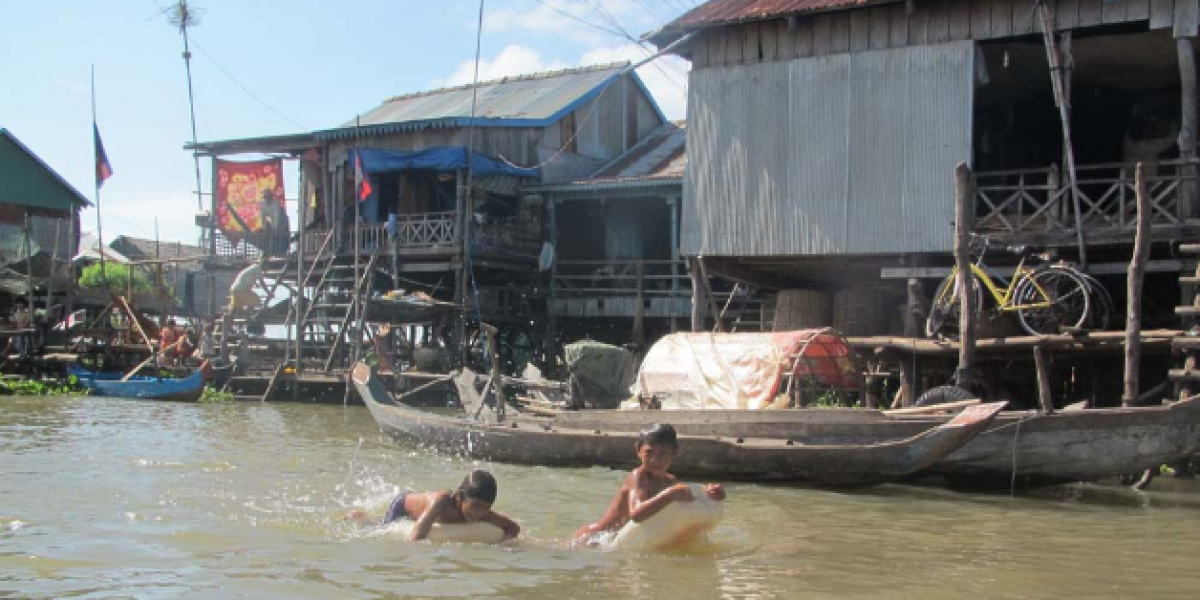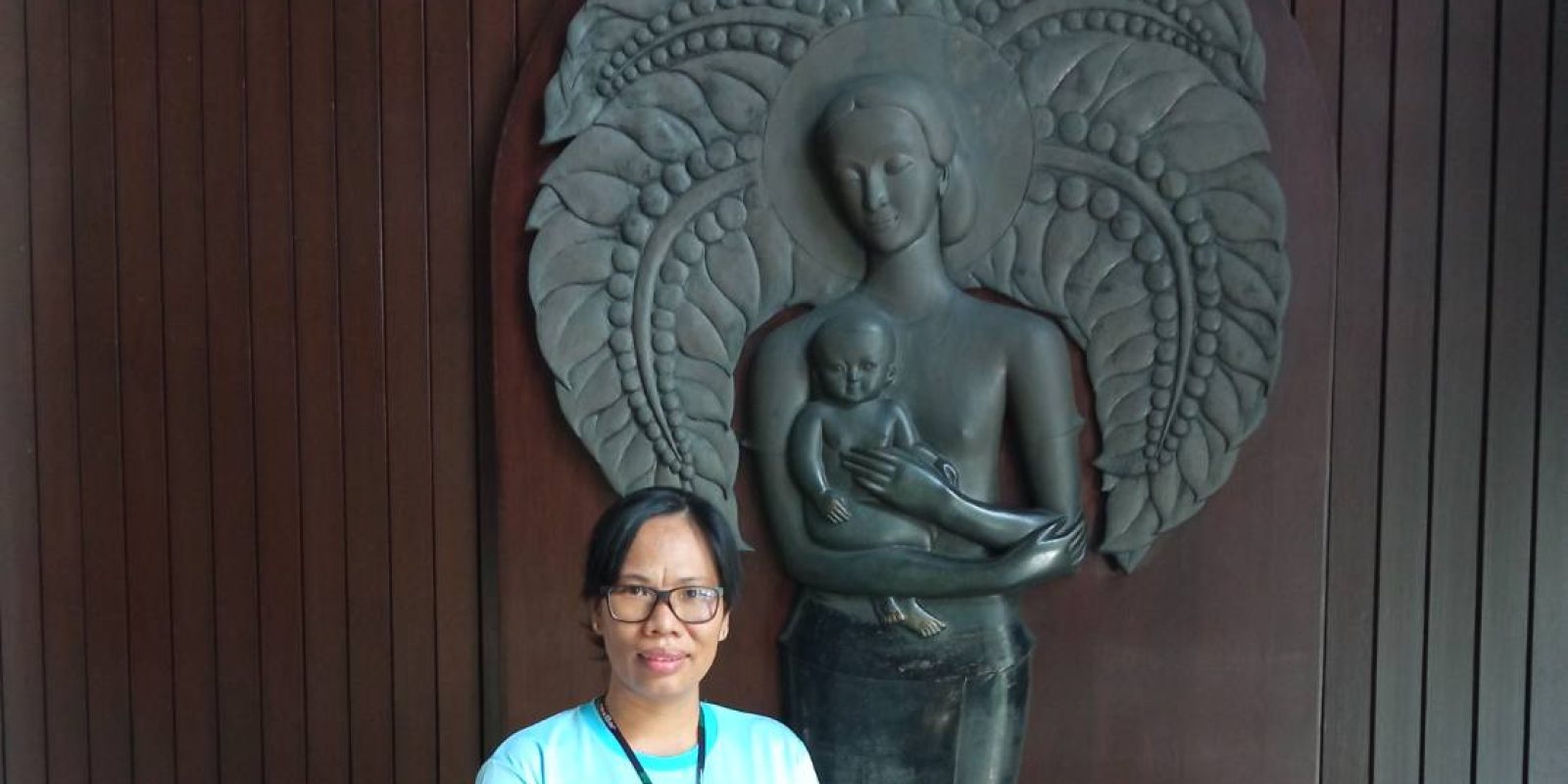Cambodia: Isolated by water and ethnicity
09 December 2012|Tori Duoos, JRS Cambodia

Phnom Penh, 10 December 2012 — On the 25th of October, JRS Cambodia, in collaboration with the ECCC Civil Party Lawyers, and sponsored by the Open Society Foundation, presented the findings of a research project spotlighting populations at risk of statelessness in Cambodia. The study highlighted an ethnic Vietnamese community living in Kampong Chnnang, in central Cambodia.
The group is unique due to their long term past in Cambodia. Certain families have lived in Kampong Chnnang, for up to four generations, yet have no recognition as Cambodian citizens. Due to their extended history of residence in Cambodia, they are not recognised as citizens of Vietnam, possibly rendering them stateless.
Most of these people have never even lived voluntarily in Vietnam — Cambodia is their home, and has been for generations. Our research analysed nationality laws in both Cambodia and Vietnam to discern potential provisions for their recognition. Unfortunately, understanding the laws as they are written does not necessarily mean they are implicated in the same manner. Interested parties from different NGOs were invited to the meeting and participated in a round table discussion regarding issues of statelessness.
The following day, on 26 October 2012, partners of the project conducted an outreach field trip to visit a floating village in Kampong Chnnang where the focus group of ethnic Vietnamese lives. During the trip, project staff disseminated the research outcomes to participants and shared information about the group’s legal status in Cambodia. Travelling by car and boat, the village located on Tonle Sap Lake took nearly three hours to reach from Phnom Penh.
As one member of the outreach team observed, the floating village could be ‘the Venice of Cambodia’ — streets of water are formed by separate rows of homes tied together, bobbing on the surface of the fresh water lake. Residents, relying on wooden boats with paddles for daily transportation, effortlessly push the long, narrow vessels through the water. Children swim by, waving, using empty plastic fuel tanks as a float toys.
Although this description sounds romantic — a simple life on the water — the poverty runs deep and the challenges of daily life are apparent. The homes are not only isolated by water, they are isolated by ethnicity. We met with 19 participants of the focal group, all above the age of 40 and who were born in Cambodia.
Visual handouts about the Cambodian Nationality Law and a diagram of the documents that Cambodian citizens and residents may obtain help to educate participants about their rights and possible pathways to naturalisation. Small group discussions were conducted so participants could share stories, daily concerns, and remonstrate about the ways that legal status (or lack thereof) impedes their lives, as it has for generations.
We also had the opportunity to discuss legal documents that individuals and their family members had acquired over the years and identified ways in which they were obtained. As researchers, it allowed us to gain a clearer perspective of how official documentation and registration processes occur in regular practice. Unmistakably, the aspiration of all participants is to be recognised as citizens of Cambodia. As a group, their biggest desire is to be treated equally and share the same enjoyment of human rights as others.


